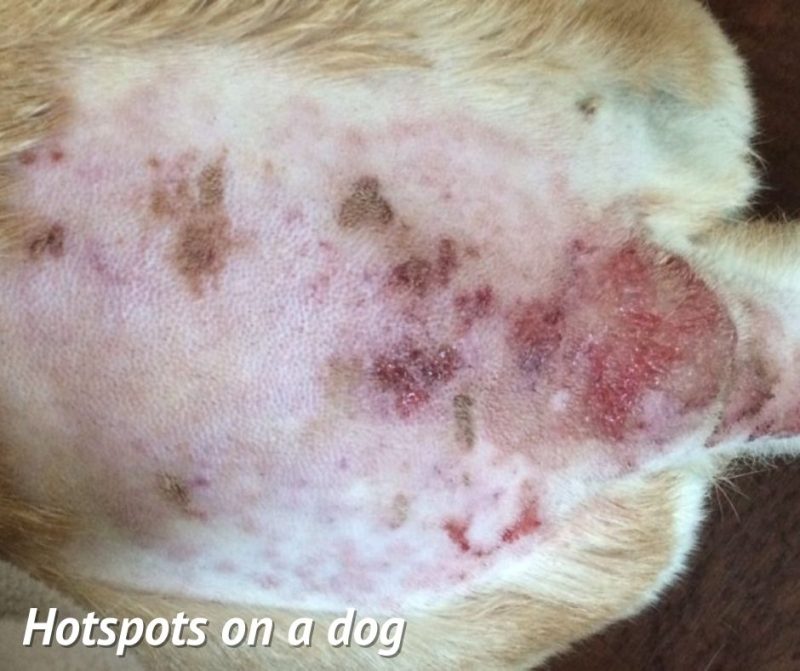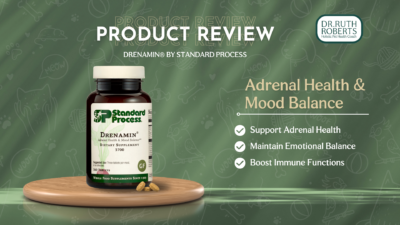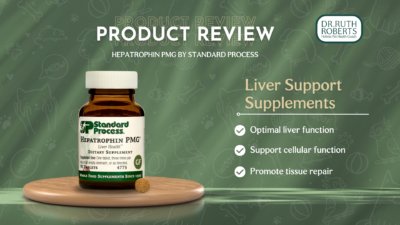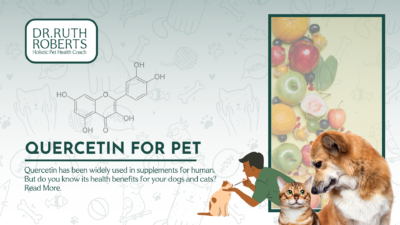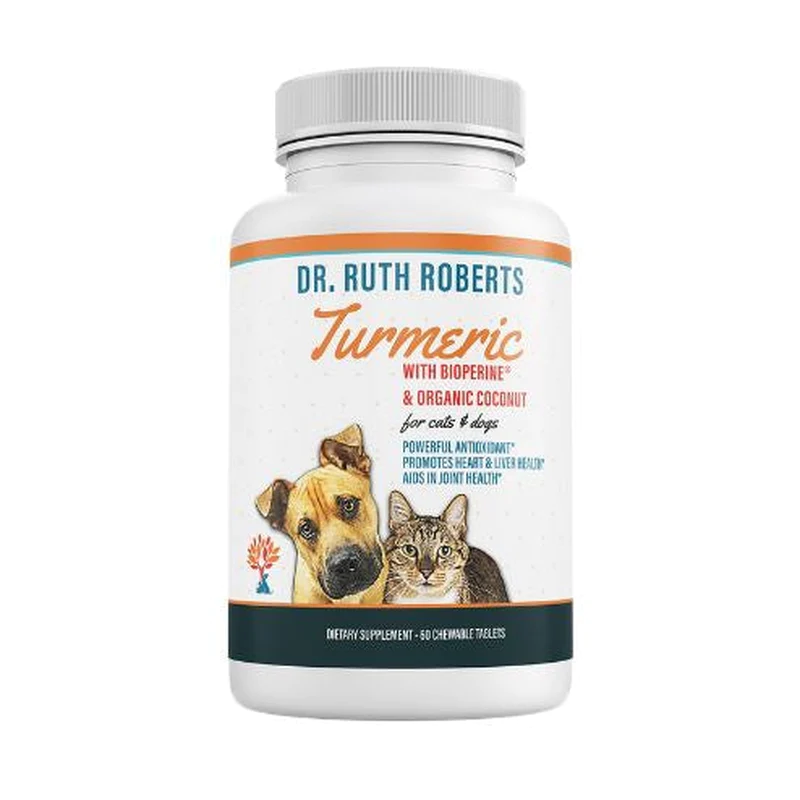
Persistent Pet Itching:
Is it Dry Skin or Allergies
I am the Original Holistic Pet Health Coach, and am now training passionate pet parents, and pet professionals to be Certified Holistic Pet Health Coaches so that more pets can be helped holistically.
Is pet itching a problem in your household?
Is your cat's or dog's dry skin or allergies causing them discomfort?
Or are you wondering if it's an allergy in disguise of a dog's dry skin?
How would a pet parent like you know which one of the two is the cause of your constant pet itching? It is essential to be attentive and knowledgeable about these kinds of things so that we can administer immediate care to our pets.
Before elaborating on both possible causes, what is pet itching?
For humans, having a fever is not a disease alone but rather a sign of a disease. Just like us, when a dog or cat won’t stop scratching, it is not a diagnosis or a specific disease. It is a sign that your pet was exposed to parasites, infections, and allergies. Pollen, dust, feathers, and flea saliva allergies can create various issues in your pet, including dry, itchy skin. If left untreated, the disease can progress to atopic dermatitis, which causes redness, inflammation, itching, and secondary skin infections.
Your pet’s life can be made more difficult by dry skin. Excessive dry skin in your dog can be caused by parasites, bacterial and fungal infections, and systemic illnesses.
Moreover, what are the symptoms associated with the dry skin condition of our pets?
- Increased and excessive itching, rolling around
- Scratching or even biting the skin
- Scabs, pimples, and sores caused either by scratching or by parasites/infections
- Hair loss and lack of condition of their haircoat
- White flaky skin that looks like dandruff
- Depression and lack of a condition
- Inflammation and red skin areas
- Increased oiliness in some dogs
- Change in your dog’s odor
The few causes of dry skin are cold weather, dry air, and too much air conditioning in your pet’s environment. Under or over bathing; too much of a good thing can be as bad as too little. Also, fleas, ticks, and other pests cause pet itching. Lastly, under or overgrooming of our pets.
How do I know if my dog is itching because of allergies?
Allergic dermatitis, often known as atopic dermatitis or atopy, is the most common skin allergy in dogs. Allergic dermatitis is a chronic inflammatory skin disorder caused by a dog’s immune system overreacting to a specific allergen. Plant pollen, mold spores, food, and vermin are all allergens. While nose symptoms and hives are common in people, skin irritation and even gastrointestinal disorders are common in dogs.
Dog dry skin or allergies are common, and many have a genetic susceptibility to acquiring them. Skin allergies can strike dogs at any age, just like humans. Many allergies intensify as a dog gets older.
The common symptoms of skin allergies are:
- Excessive licking
- Face rubbing
- Hives or targeted swelling especially ears, eye area, flaps of ears and face
- Itchiness especially at armpits, ears, feet, flanks, and groin
- Loss of fur
- Skin: red and irritated

Environmental Allergies
Allergens in the environment include dust, mold, and pollen. Dogs, like humans, can suffer from seasonal and environmental allergies. Pet itching or when our dogs develop “hot/itchy spots” indicates that specific allergens are present. These triggers may happen at particular times of the year or throughout the year.
Food-Related Allergies
Dogs can also react badly to foods or specific ingredients within a food. While a dog may have a skin reaction, a secondary issue may arise more gastrointestinal. For example, a dog might vomit or develop diarrhea after digesting a particular allergen. Be aware that proteins, not grains, cause most food allergies.
The best way to know if your dog is sensitive to his food is by taking the Glacier Peak Life Stress Scan Test. This Scan is the perfect roadmap to identify the stressors causing the discomfort and disease in Your pet’s life.
Flea Allergy Dermatitis.
Flea bites cause flea allergy dermatitis. Dogs aren’t generally allergic to the flea itself but rather the proteins in the flea’s saliva. Interesting fact: A single flea bite can cause a reaction for as long as seven days! That means even one flea bite can do a lot of damage. Here are some top recommendations to keep your pets safe from fleas & ticks.
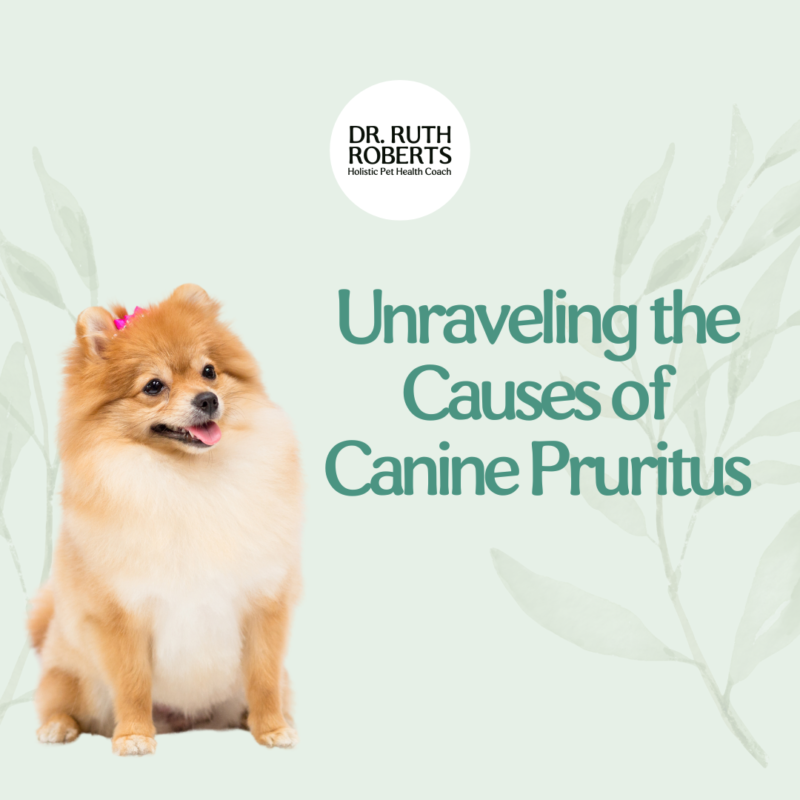
What would cause a dog to itch constantly?
One of the most common reasons why dog owners seek veterinarian care is because of the itching caused by skin illness. Some of the most common causes of pruritus in dogs are flea allergy dermatitis, seasonal allergies or atopy, food allergies, contact dermatitis (e.g., soaps and perfumes), and sarcoptic mange (mites). Pruritus (a medical term) or simply itching is commonly associated with flea allergy dermatitis and other allergic skin diseases. Inhalant allergies (pollens and molds, for example), flea bites, and food allergies are the most frequent causes of pruritus in dogs.
What is good for a dog's dry skin?
Before checking out the list, keep in mind that to treat these problems, you’ll need the assistance of a veterinarian. Visit Dr. Ruth’s All-natural Allergy Support Protocol
There are five natural remedies you can do to help with pet itching or can be a substitute for skin allergy treatment.
Chamomile, calendula, and green tea are all fantastic additives to a dog wash for itchy skin because they soothe and calm sensitive skin while also reducing inflammation. These soak ideas are ideal for dogs who have hot, itchy regions of skin that could be rubbed raw. Fill your tub or sink with warm water and soak several herbal tea bags for three minutes if your dog is itchy. Remove the tea bags and bathe your dog for at least five minutes in the bath. Alternatively, soak one or two tea bags in around two glasses of hot water for smaller, itching spots. Pour the tea over your dog’s skin as soon as it has cooled.
Apple cider vinegar is a natural and healthy remedy for itchy, dry skin. Apple cider vinegar’s antibacterial and antifungal properties make it an excellent treatment for poison ivy, but it should not be used on raw or unprotected skin. This treatment will hurt the exposed wound if your dog has itched their skin raw. Fill a spray bottle halfway with water and halfway with apple cider vinegar to target afflicted areas and avoid getting vinegar in any open cuts. Soak your dog’s paws in the solution for up to five minutes if they wandered through an area of poison ivy, oak, or sumac.
Oatmeal has been known as a cure for dry, itchy skin for a long time and is also suitable for our canine companions! Oatmeal is an active ingredient in most hypoallergenic shampoos for dogs to help soothe and combat inflammation. Begin by powdering ordinary oats and sprinkling them in your dog’s warm bath. It usually takes 10 to 15 minutes for the oatmeal to calm down red, irritated skin, regardless of the cause. It’s also harmless, so licking it off during your pet’s long bath is fine. Making an oatmeal paste is another way to avoid a complete bath. If your dog won’t stop scratching, take your ground oatmeal and gradually add a little water until you have a spreadable mixture. For the greatest treatment, target areas that have been troubling your dog and make sure the paste is in contact with the skin on longer-haired pets.
Feeding your itchy dog a plain, unsweetened yogurt may offer many health benefits. Some yeast infections and skin irritation can stem from your dog’s digestive system. This remedy is good for dogs who have certain types of rashes, hives, or allergies. Before you feed yogurt to your dog, be sure to check with your vet about the potential risks. Feeding small dogs one teaspoon of yogurt and big dogs two teaspoons once a week will improve their overall gut health. Most dogs like the taste of yogurt on its own, but it can also be mixed with food to help digestion.
The high viscosity of coconut oil relaxes the skin right away, and its other ingredients aid in calming the skin as well. The best oils for dogs provide the viscosity protection required to build a natural barrier between irritated skin and the outside world. As a result, coconut oil is one of the greatest oils for canine skin, which is why it is found in so many dog products. Because of its antibacterial and antifungal characteristics, coconut oil is currently found in many natural cosmetic products. It’s also a great moisturizer for dogs because the oils can penetrate their fur and make direct contact with their skin. Dogs with dermatitis, allergies, yeast infections, and even insect bites and stings can all benefit from using coconut oil directly on their skin. Place the coconut oil in the fridge or a cool, dry place until it solidifies fully. Massage the oil into your dog’s coat and skin for immediate relief from dry skin. You’ll notice a difference in your dog’s coat over time, as well as pet itching relief!
Can dog allergies cause dry skin?
Yes, depending on the pet, the skin may be dry and crusty, or oily. Dogs may also rub their faces on the carpet, causing red and heated ear flaps. Because the ear’s wax-producing glands overproduce in response to the allergy, they become infected with bacteria and yeast (Malassezia). Atopic animals rub, lick, chew, bite, or scratch their feet, flanks, ears, armpits, or groin, causing uneven or inconsistent hair loss as well as skin reddening and thickening. Between the ages of one and three, most dogs begin to exhibit allergy symptoms. Atopic dermatitis is more frequent in Golden Retrievers, most terriers, Irish Setters, Lhasa Apsos, Dalmatians, Bulldogs, and Old English Sheepdogs due to the disease’s genetic basis, but it can affect any dog, even mixed breed dogs.
What do skin allergies look like in dogs?
With severe skin allergies in dogs, you’re not only dealing with the discomfort and itching of the allergic reaction but the risk of secondary infection. As your dog scratches, licks, and bites at his skin in reaction to the itching, there’s a possibility that yeast and bacterial infection can enter through sores. These may require dog skin allergies treatment.

